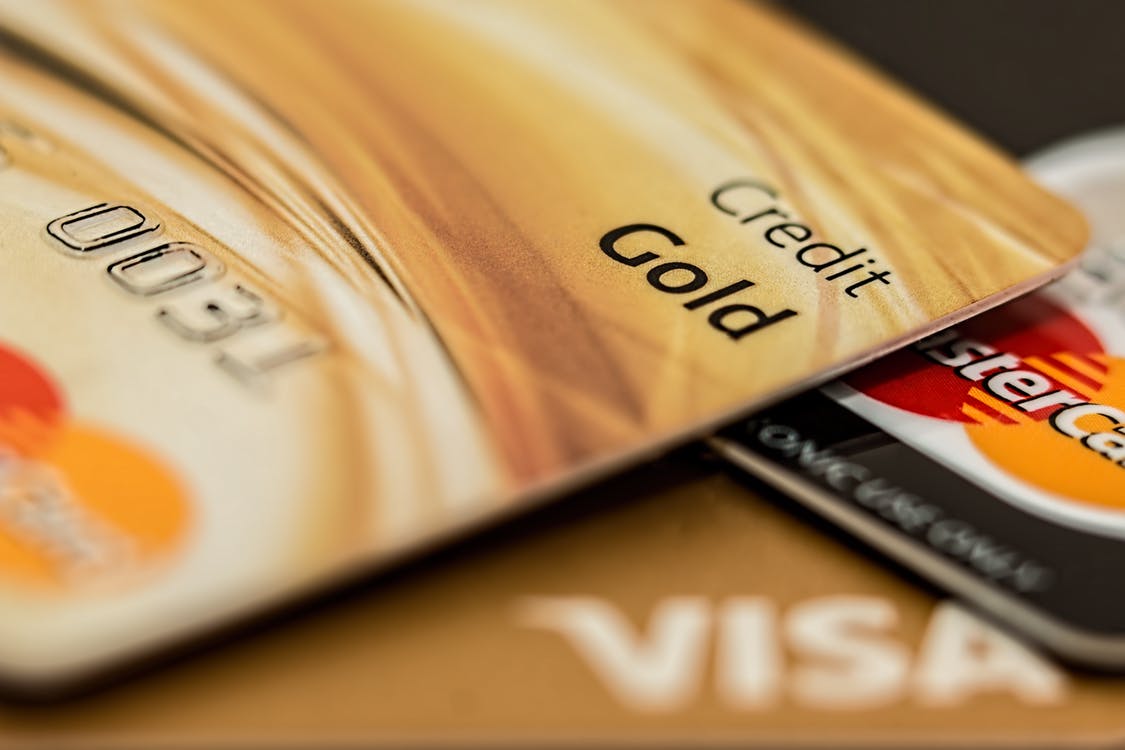It was recently confirmed by ACI Universal’s Global Consumer Card Fraud report that a third, or 33%, of South Africans have been victims of card fraud.
This is a three percent increase since 2014, and South Africa is now 8th on the list of countries that experience the most card fraud.
The worst countries on the list are Mexico, Brazil, and the United States of America (USA), and South Africa sits in-between Canada (below) and France (above).
Mellony Ramalho, group executive of African Bank, believes that criminals are getting more sophisticated in their fraud scams, and she highlighted two different types of card fraud.
“Stolen-card fraud is pretty self-explanatory, where criminals steal genuine bank cards together with the correct pin numbers and then use these cards immediately at the nearest ATM to withdraw cash followed by purchases at stores until the account is either empty or the card stopped,” she said.
The second type of card fraud is counterfeit-card fraud, which is when a card is manufactured fraudulently by criminals instead of being issued by a bank. This is usually achieved by using compromised card data through skimming.
Card skimming, otherwise known as card cloning, is when criminals fraudulently copy information stored on the magnetic chip of a card.
According to Kalyani Pillay, CEO of the South African Banking Risk Information Centre (Sabric), card fraud can take place in the following ways:
- Accepting assistance from strangers in the vicinity of the ATM is risky as criminals use this tactic to get hold of real cards and to shoulder surf for PIN numbers.
- Doing online transactions on public computers or computers without updated security software installed is risky as criminals use malware to compromise personal and financial information.
- Responding to emails containing hyperlinks that take you to websites requesting your card details are risky as it is likely to be a phishing scam aimed at harvesting your card credentials and other personal information.
If you are affected by card fraud, it’s important to immediately notify your bank of any transactions that you didn’t make. Your bank will then launch an investigation and will try and assist you you in having your money returned. Your bank should also advise you on what to do next to ensure it doesn’t happen again.
Card fraud is considered a crime which means that it has to be reported to the South African Police Service (SAPS).
The majority of card fraud takes place in Gauteng, the Western Cape and KwaZulu-Natal, amounting to 85.9% of South African card fraud.
Local cards are often taken to neighbouring countries, like Zimbabwe and Namibia, where criminals use them to make withdrawals.
Pillay offers the following tips on how to stay protected from card fraud:
- Review your account statements on a timely basis; query disputed transactions with your Bank immediately.
- When shopping online, only place orders with your card on a secure website.
- Do not send e-mails that quote your card number and expiry date.
- Ensure that you get your own card back after every purchase.
- Never write down your PIN or disclose it to anyone.
- Report lost and stolen cards immediately.
- Destroy your credit card receipts before discarding them.
- Never let the card out of your sight when making payments.
- Sign your card on the signature panel as soon as you receive it to stop anyone else from taking ownership or trying to use it.
- Your credit card is not transferable. Only the person whose name appears on the front of the card is authorised to use it. This is the same with your debit cards, even though they don’t contain your name on the front of the card.
- If you have a debit, cheque and credit card, don’t choose the same PIN for all of them, so that if you lose one, the others will still be safe.
- Chip Credit cards also require a PIN for transactions at points of sale (paying for goods/services).
- Protect your cards as if they were cash. Never let them out of your sight and ensure that you get them back after every purchase.
- Always check transaction slips for correct purchase amounts before you sign them.
- Keep your transaction slips and check them against your statement to spot any suspicious transactions and query them immediately.
- Make a list of all your cards and their numbers and store it in a safe place.
- While transacting always keep an eye on the ATM Card slot to ensure that your card is not taken out, skimmed and replaced without your knowledge.
- Should your card be retained by an ATM, contact your Bank and block your card before you leave the ATM.
- Subscribe to your Bank's SMS notification services; this will inform you of any transactional activity on your account.
Although it's unnecessary to change banks after being affected by card fraud, it's always helpful to compare the different accounts available at each bank. Click here for more information.

